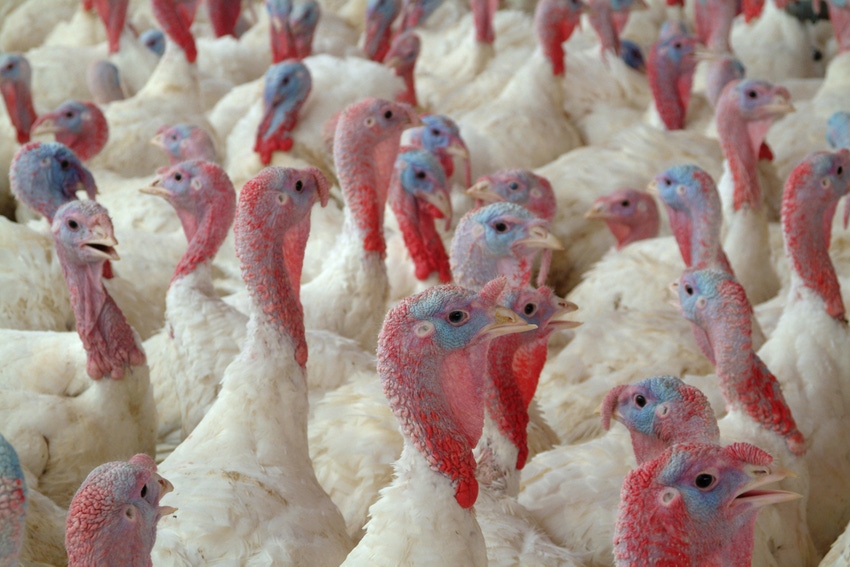
Ask any pork or poultry producer the greatest challenge they face, and they are likely to tell you dealing with animal welfare issues in this age of social media and increased scrutiny from consumers on the food they eat .
Animal rights groups such as the Humane Society of the United States and the People for the Ethical Treatment of Animals question every practice necessary to bring meat to the retail counter. If these activist groups had their way, every American would be a vegan and the McDonald’s Egg McMuffin would go the way of the dodo bird.
As a veterinarian and owner and president of Prestage Farms, Dr. Ron Prestage deals with these challenges every day. As the keynote speaker at the SC AgriBiz & Farm Expo in Florence, S.C Jan. 15 Prestage had plenty of stories to share. Prestage Farms, based in Clinton, N.C., and its affiliates produce more than one billion pounds of turkey and pork annually.
Prestage Farms has a reputation for producing pork and turkey in a responsible, ethical, and humane manner. They emphasize their animal welfare standards in their marketing to consumers. They know this is a part of doing business in this day and age.
Still, there are challenges. Prestage says it is particularly frustrating to him as a veterinarian because of the commitment of his family, his growers and his employees to do things the right way for the right reasons. Prestage emphasizes that social media is driving the fear and misunderstanding.
Walmart’s demands for hogs not raised from sows in gestation stalls and McDonald’s move to using only cage-free eggs by 2025 are just two of the many challenges. Prestage notes that animal rights activists are now demanding that the company’s turkey plant in North Carolina have perches so the birds can sit like wild turkeys on trees in the wild.
“This is my world. This is how I have to deal with the retailers we do business with at our turkey plant in North Carolina. I’ve had discussions with every single one of them. If you take the time to sit down and talk to them, you can convince them they may have been misled. But it’s hard work, and we do it every day,” Prestage said.
The work of Prestage and others in the livestock industry to herald the humane treatment they provide for their animals is well worth the effort. The challenge is to get retailers and consumers to listen, appreciate and understand.
About the Author(s)
You May Also Like






